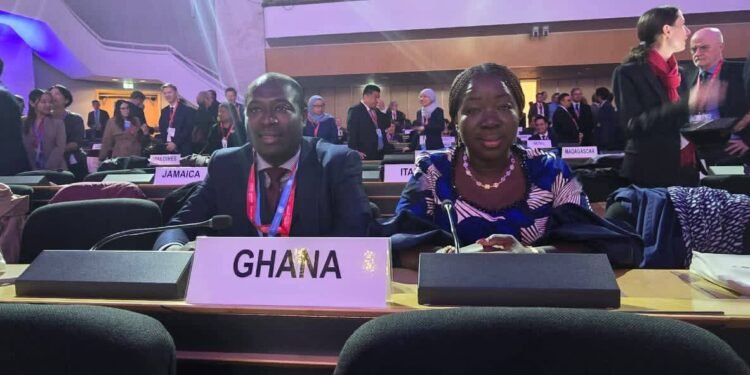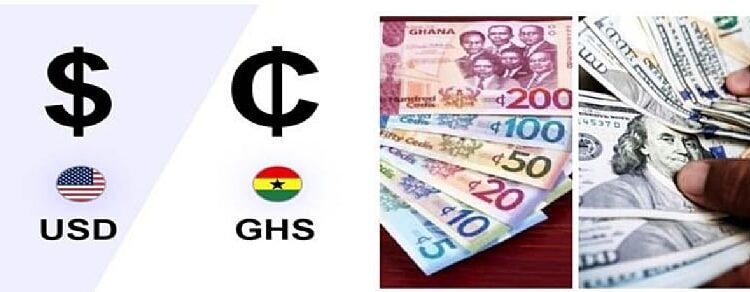Cote d’Ivoire’s food and non-alcoholic drink segment will benefit from growing household spending, stable inflation and young population demographics over the medium term, according to Fitch Solutions.
Since 2020, Cote d’Ivoire’s total household spending has posted a strong recovery and currently stands at US$51.8 billion in 2022, and expected to rise to US$388 billion in 2026. With regards to inflation, there is an expected decline from the 4.1 per cent level in 2021, to 2 per cent over the 2024 through to 2026.
According to Fitch Solutions, this bodes well for retailers who will benefit from real growth in household spending. Also, rising real GDP and stable levels of unemployment below 4 per cent (as a percentage of the labour force) highlights the bright medium-term outlook for the Ivorian consumer market, which consumer related retailers will benefit from, Fitch noted.
Furthermore, hot drinks (coffee, tea and hot chocolate) will account for 62 per cent of total non-alcoholic drinks spending in 2022. However, by 2026, this number will decline to just over 51 per cent, further highlighting the growth of soft drink spending, Fitch noted.
While fruit and vegetable juices and mineral or spring water spending will post average growth of over 10 per cent year-on-year, the growth of the soft drinks segment will largely be driven by the carbonated drinks spending.
In 2022, total spending on carbonated drinks totalled USD307 million, which we forecast to almost double in nominal terms, to USD667.4 million in 2026. International soft drinks manufacture, such as Coca-Cola and Pepsi, dominate the market with their low-price points but also from successful marketing campaigns using famous singer, actors and footballers to increase demand for their products.

Cote d’Ivoire’s Youthful Population to Drive Growth of Soft Drinks
The country has a very youthful population. As a result of this, its young population will support a trend of formal consumer spending growth. Based on estimates of Fitch Solutions, Cote d’Ivoire’s population will have a median age of 19.1 years old in 2022, and will grow to 23.1 years by 2050.
The slight aging of the population will largely be represented in the 20-39 age category, which will grow from 8.3 million people in 2022 (30.0% of the population), to 16.1 million (or 31.4% of the population) by 2050.
“The young consumer demographic is driving a ‘westernisation of consumption’, with Cote d’Ivoire increasing their consumption of western goods such as soft drinks and dairy products. Social media and marketing also have better penetration in younger populations and we believe this channel will be used extensively by clothing, personal care and food and drink retailers to grow their brand recognition.
“Social media and marketing also have better penetration in younger populations and we believe this channel will be used extensively by clothing, personal care and food and drink retailers to grow their brand recognition. Urbanisation will also support a formalisation of the retail segment and grow the addressable consumer market. In 2022, the urban population makes up 52.7% of the total population, growing to 67.4% by 2050.”
Fitch Solutions
While positive economic growth is expected over the medium term for Cote d’Ivoire, Fitch notes that Ivorians focus most of their disposable income on essentials. Thus, Fitch forecasts non-essential spending to account for just over 20% of total spending throughout the medium-term, largely a result of the low levels of household disposable incomes.
Within the essential’s category, food and non-alcoholic drinks will dominate spending, accounting for 49.4 per cent of total spending in 2022. Fitch forecasts food and non-alcoholic drinks spending to grow from US$284.5 billion in 2022, to US$487.6 billion in 2026, where it will account for 50.3 per cent of total spending.
READ ALSO: Focus your Attention on the Worsening Security- Okudzeto to IGP























